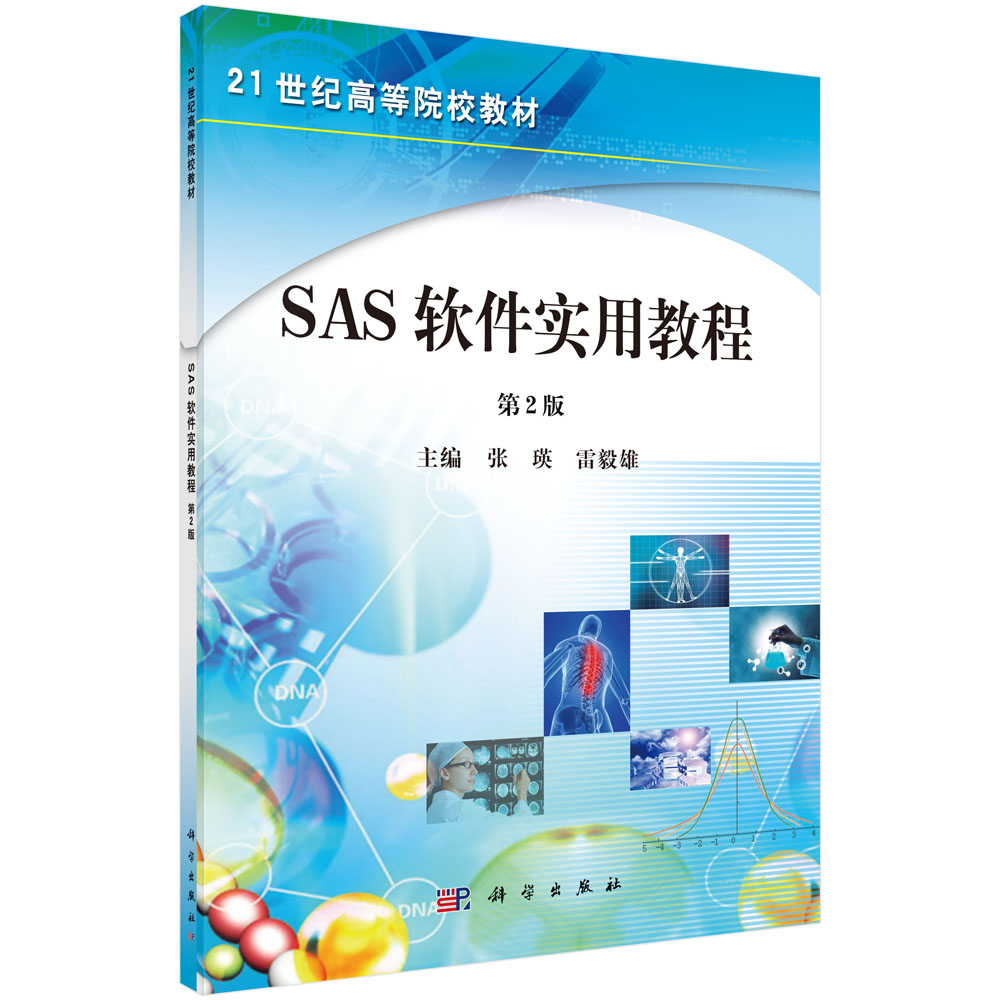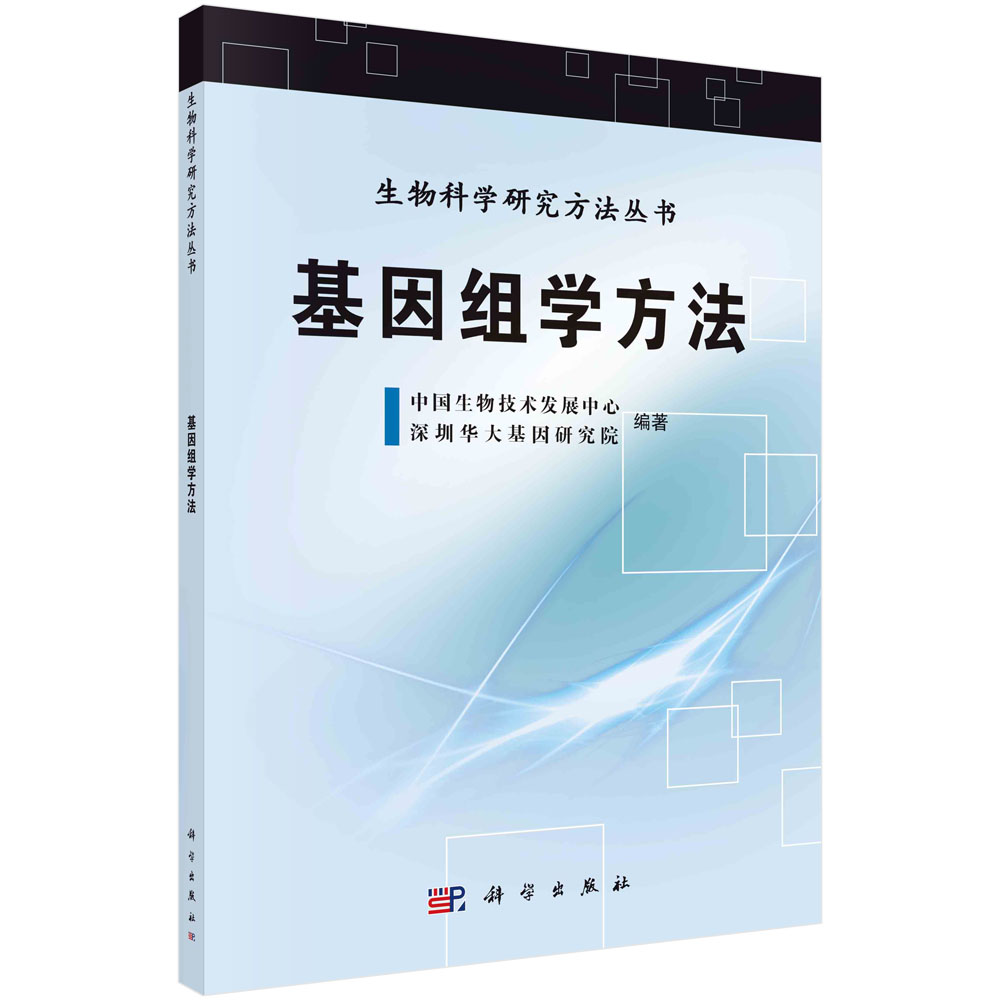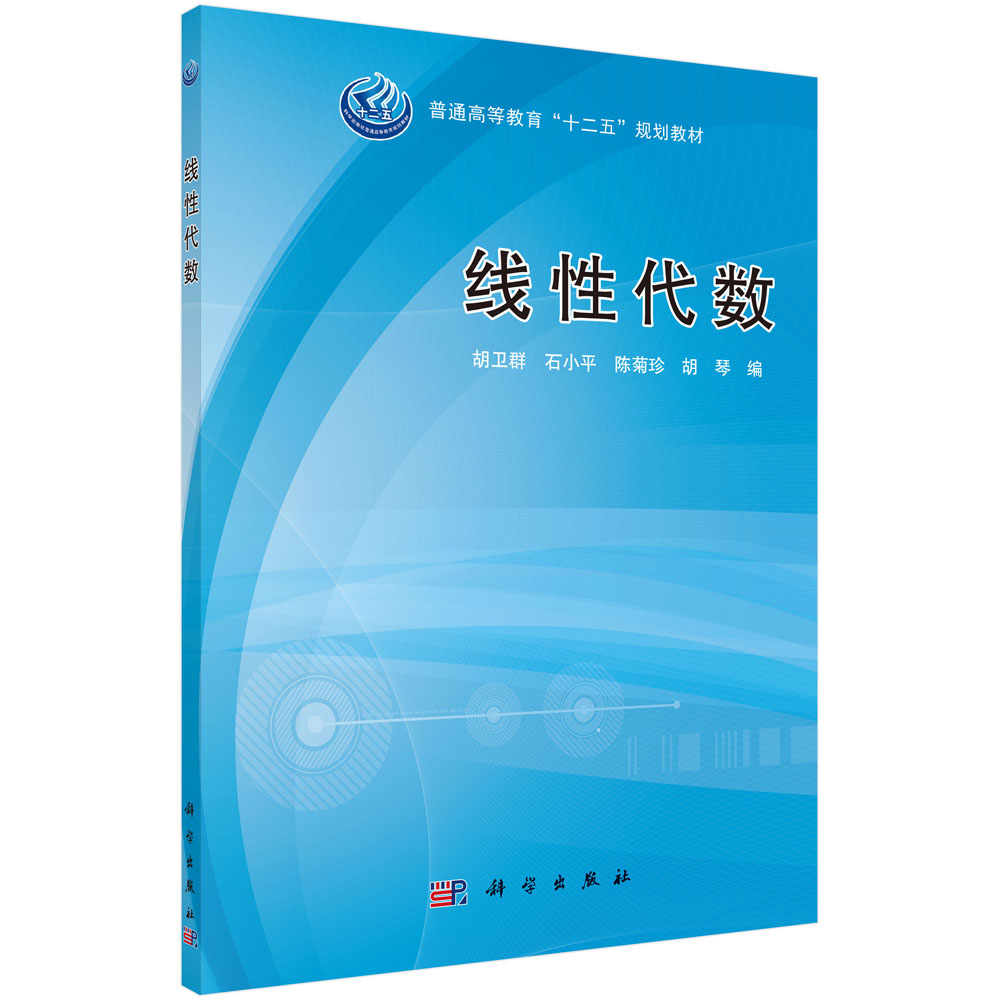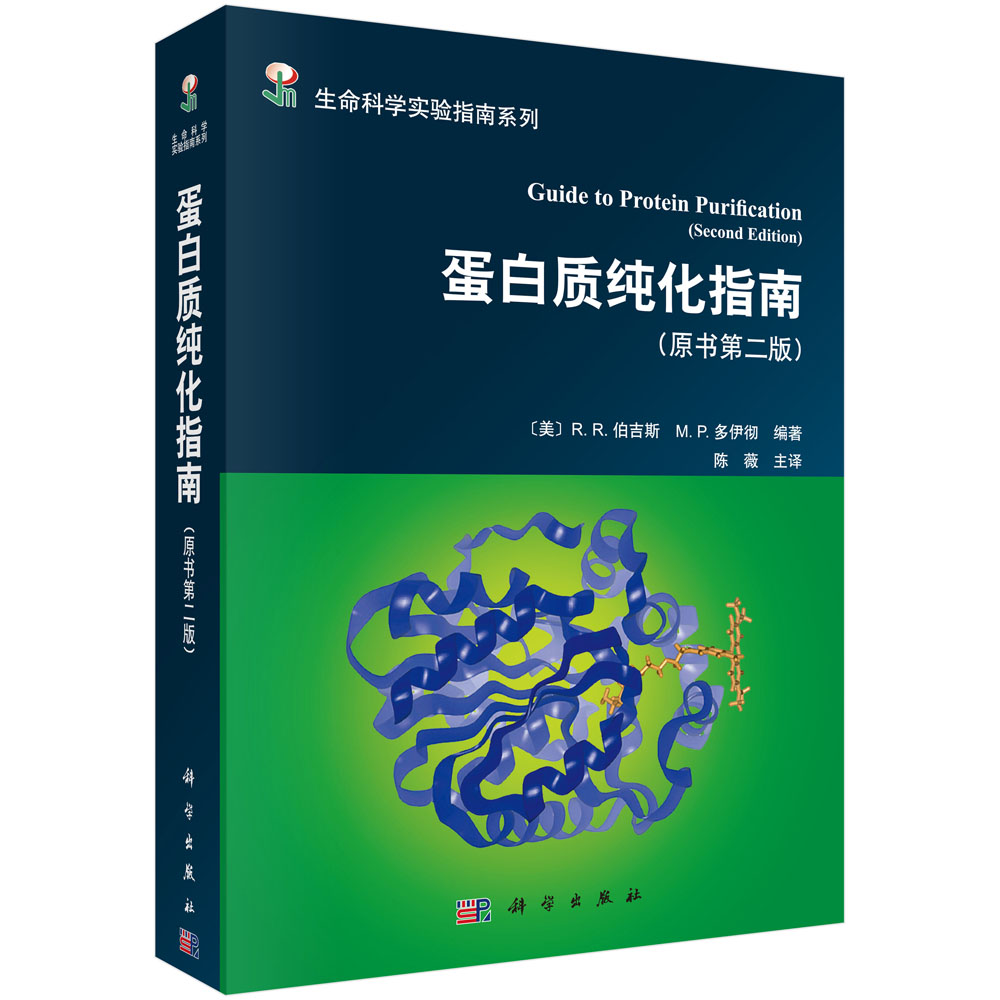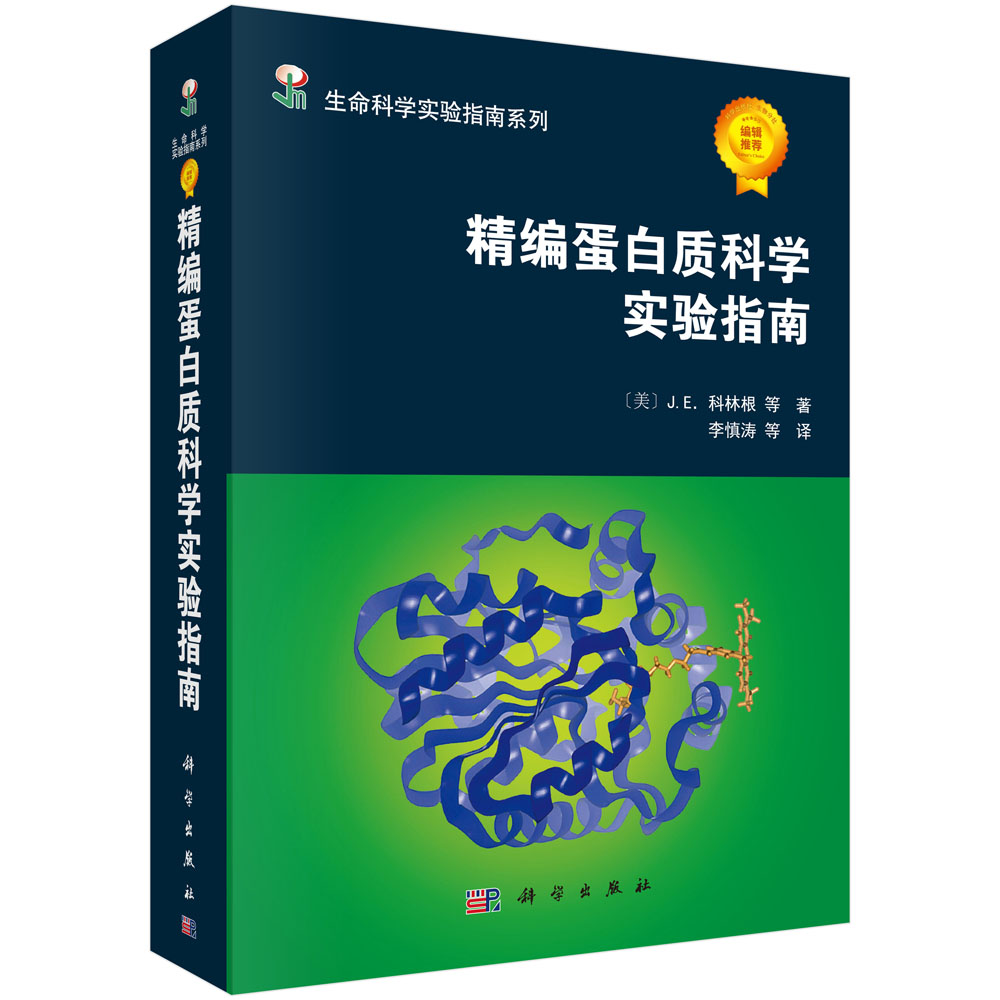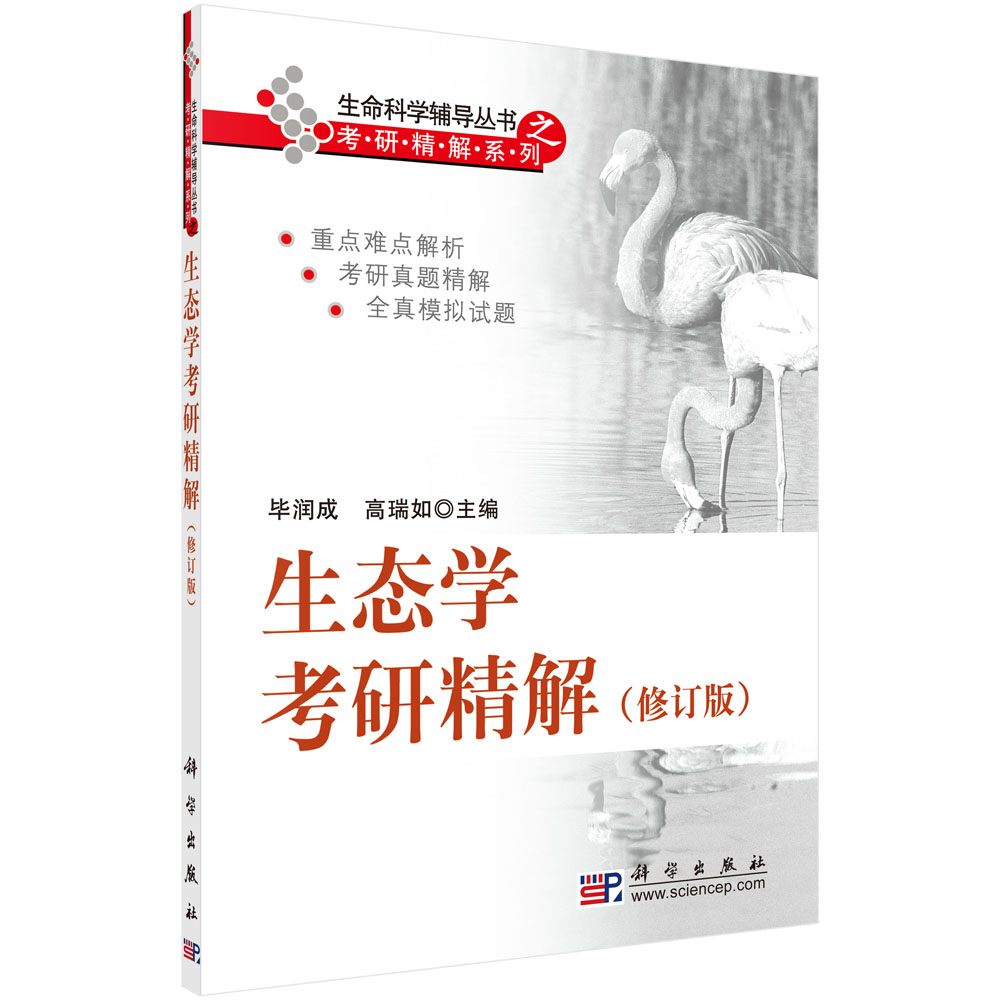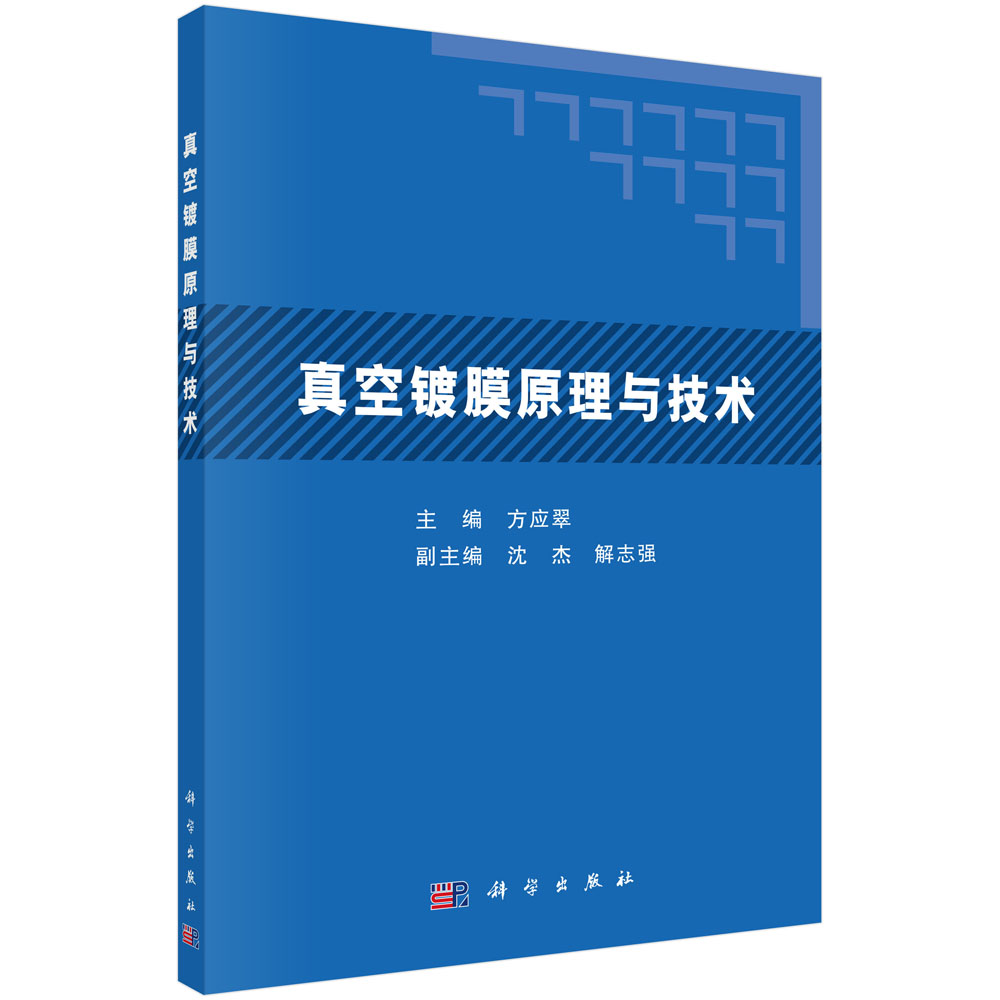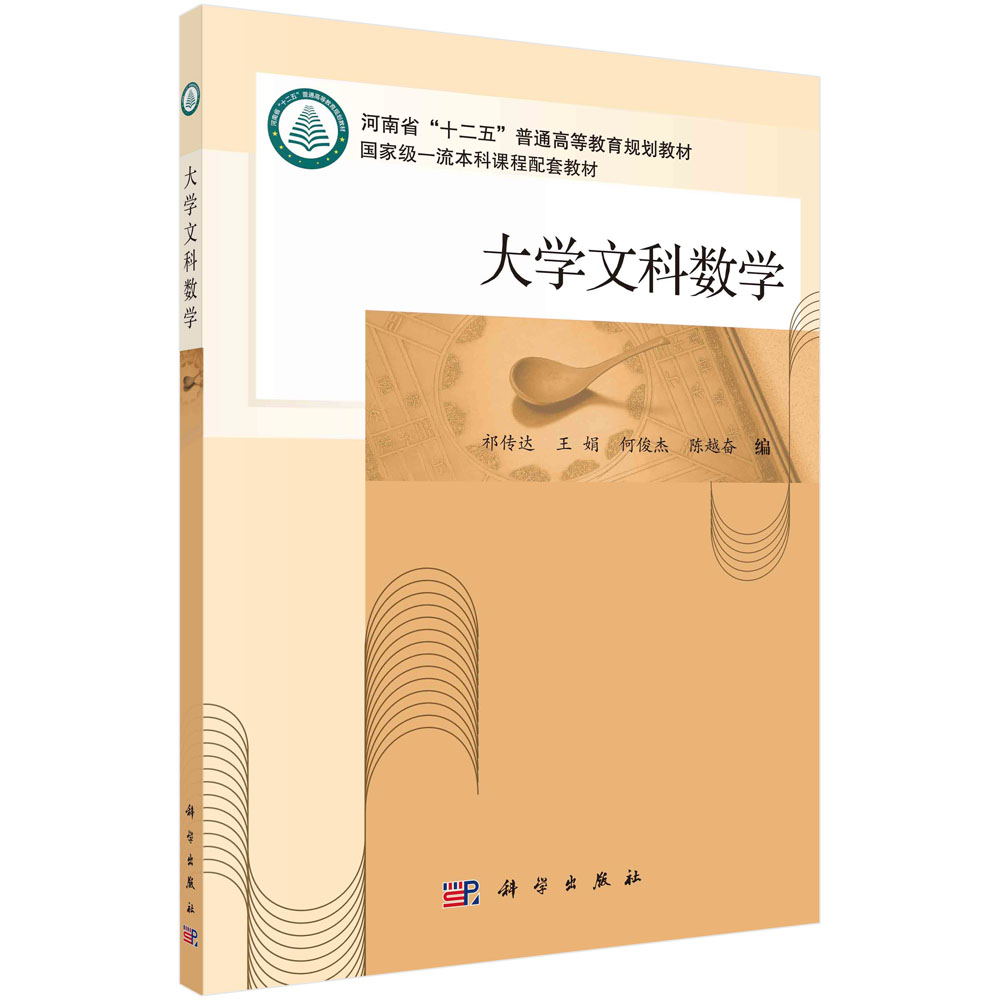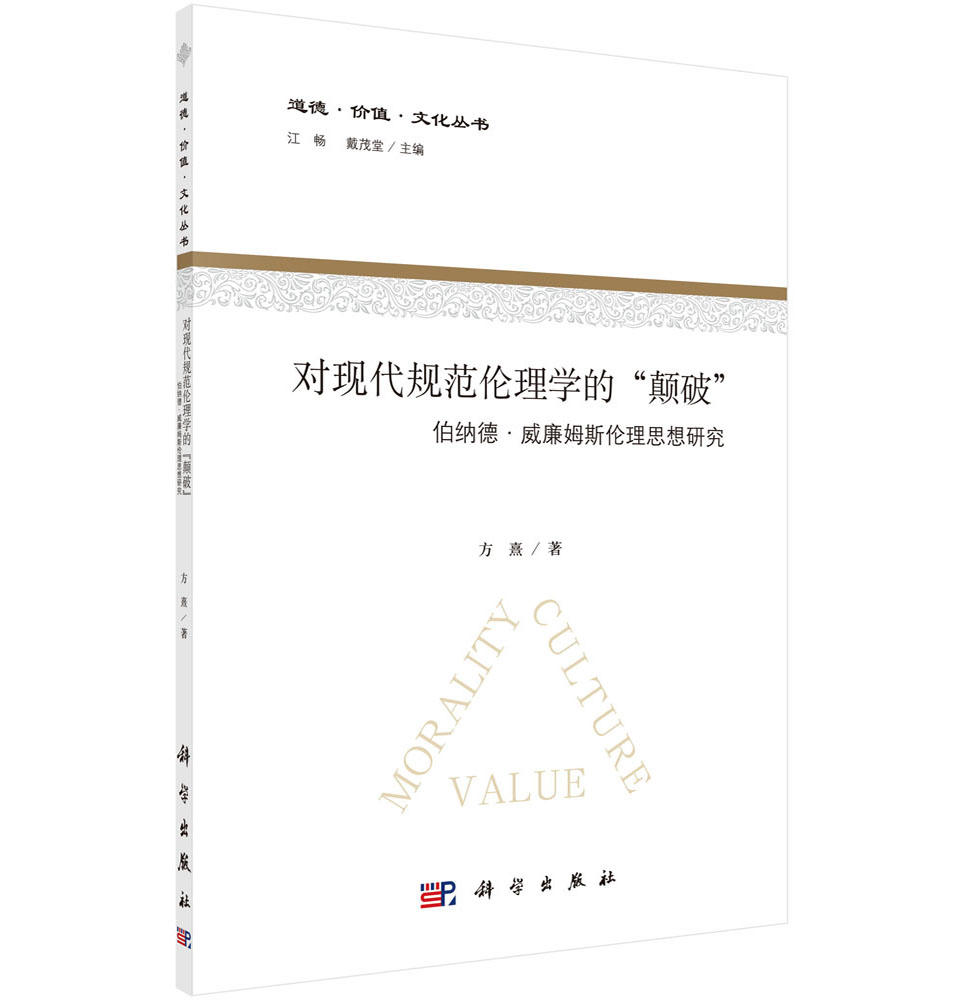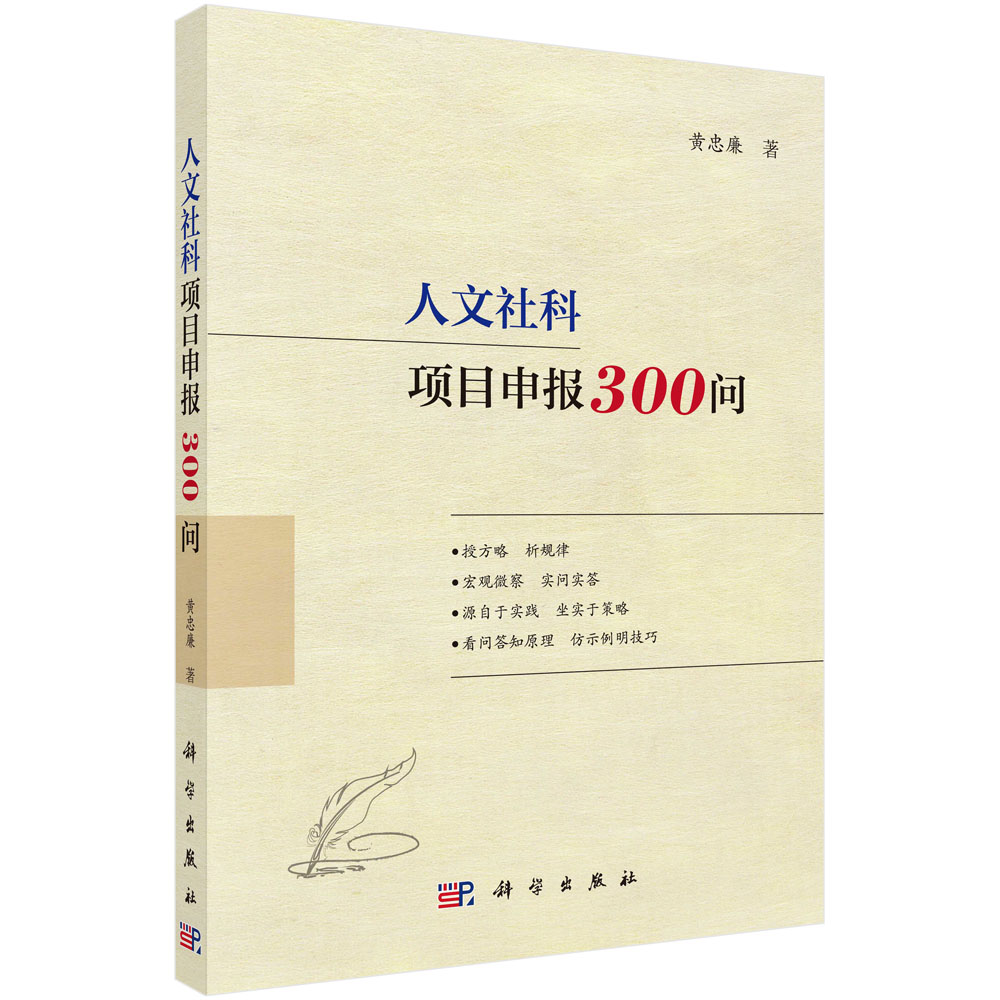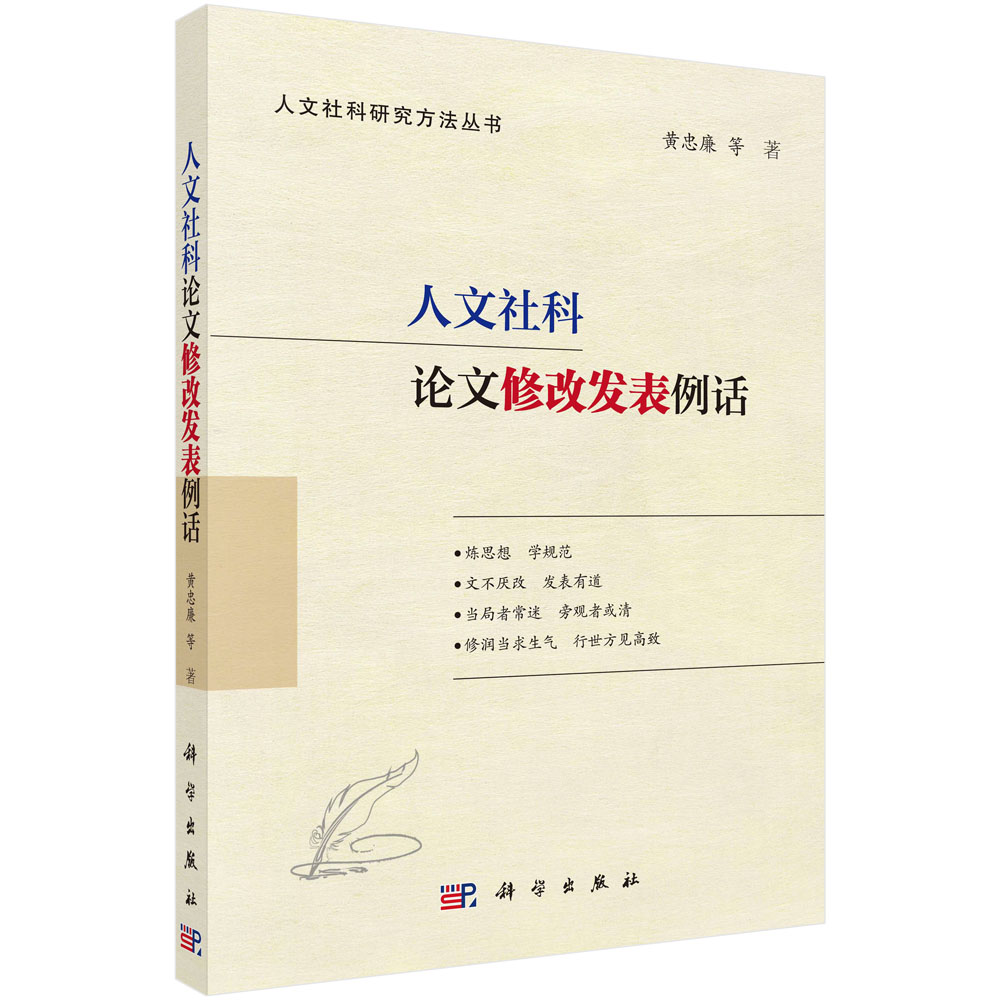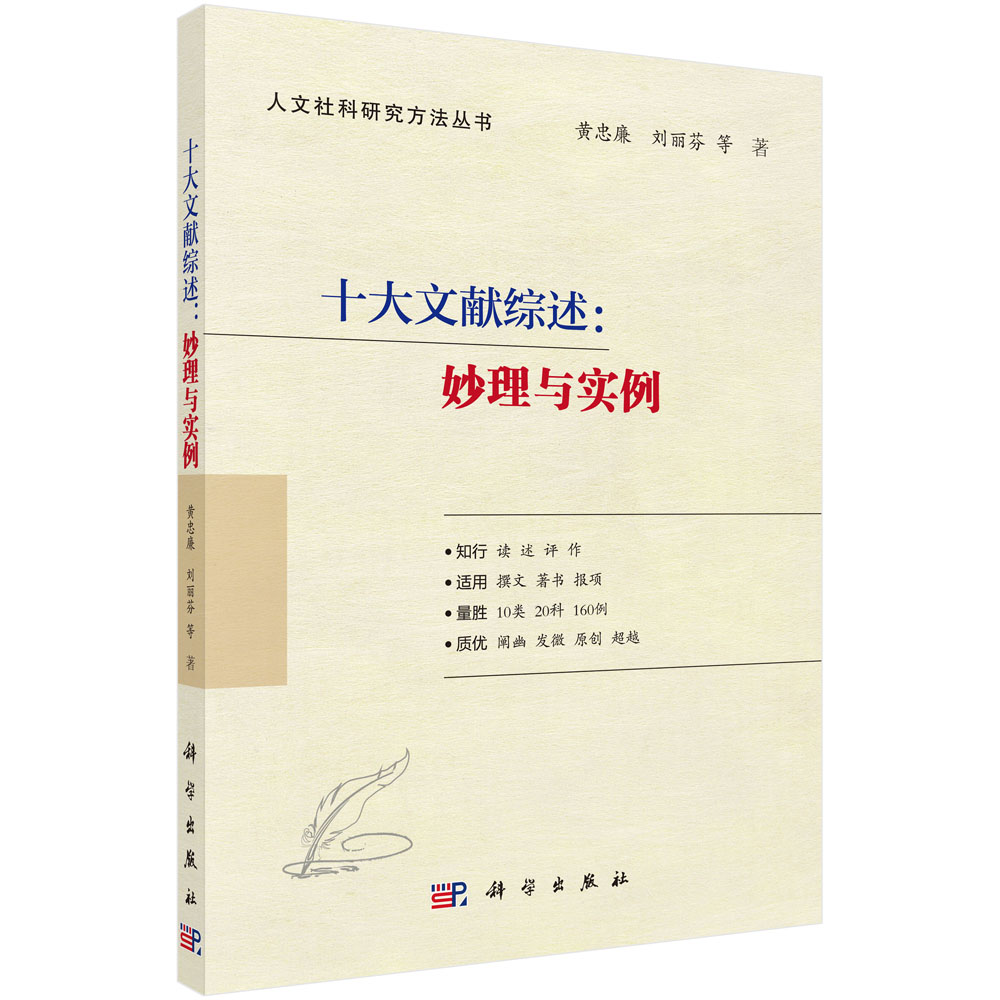“精要速览系列(Instant Notes Series)”丛书是国外教材“Best Seller”榜的上榜教材。该系列结构新颖,视角独特;重点明确,脉络分明;图表简明清晰;英文自然易懂,被国内多所重点院校选用作为双语教材。
第二版在第一版基础上进行修订。全书共分为10大主题,图文并茂,从原子结构出发,以元素周期表为主线,涵盖了无机化学的基础和核心内容。除了包括基本的原子结构、周期性、成键及溶液化学、各族元素(包括非过渡元素和过渡元素)的较广泛的介绍外,与其他无机化学教材不同的是,此书还涉及了无机化学在元素起源、地球化学、生物化学、工业生产及环境等领域的内容。
样章试读
目录
- 目录
前言
缩略语
A 原子结构
A1 原子 (1)
A2 原子轨道 (5)
A3 多电子原子 (9)
A4 周期表 (12)
A5 原子性质的变化趋势 (16)
B 无机物导论
B1 电负性与键型 (21)
B2 化学的周期性 (25)
B3 稳定性和反应性 (29)
B4 氧化和还原 (33)
B5 无机化合物的描述 (39)
B6 无机反应及合成 (41)
B7 表征方法 (45)
C 分子中的结构与成键
C1 电子配对成键 (51)
C2 分子的形状:VSEPR理论 (56)
C3 分子的对称性和点群 (61)
C4 分子轨道:同核双原子 (67)
C5 分子轨道:异核双原子 (72)
C6 分子轨道:多原子体系 (76)
C7 环和团簇 (81)
C8 键的强度 (85)
C9 路易斯酸碱 (89)
C10 凝聚态分子 (92)
D 固体的结构和成键
D1 固体导论 (95)
D2 元素固体结构 (99)
D3 二元化合物:简单结构 (103)
D4 二元化合物:影响结构的因素 (108)
D5 更复杂的固体结构 (112)
D6 晶格能 (116)
D7 固体的电学和光学性质 (120)
E 溶液化学
E1 溶剂的类型和性质 (125)
E2 Br?nsted酸碱理论 (129)
E3 配合物的形成 (133)
E4 离子化合物的溶解性 (137)
E5 电极电势 (140)
F 非金属化学
F1 非金属导论 (145)
F2 氢 (149)
F3 硼 (153)
F4 碳、硅和锗 (157)
F5 氮 (161)
F6 磷、砷和锑 (165)
F7 氧 (169)
F8 硫、硒和碲 (173)
F9 卤素 (177)
F10 稀有气体 (181)
G 非过渡金属化学
G1 非过渡金属导论 (185)
G2 1族:碱金属 (189)
G3 2族:碱土金属 (193)
G4 12族:锌、镉和汞 (196)
G5 13族:铝到铊 (199)
G6 14族:锡和铅 (203)
H 过渡金属化学
H1 过渡金属导论 (207)
H2 配位场理论 (211)
H3 3d系列:水合离子 (215)
H4 3d系列:固体化合物 (218)
H5 4d和5d系列 (221)
H6 配合物:结构和异构体 (224)
H7 配合物:动力学和机理 (228)
H8 配合物:电子光谱和磁性 (231)
H9 配合物:π受体配体 (235)
H10 金属有机化合物 (239)
I 镧系和锕系元素
I1 镧和镧系元素 (245)
I2 锕和锕系元素 (248)
J 环境、生物和工业方面
J1 元素的起源和丰度 (253)
J2 地球化学 (256)
J3 生物无机化学 (259)
J4 工业化学:大批量无机化学产品 (264)
J5 工业化学:催化剂 (267)
J6 环境循环和污染 (271)
进一步阅读的参考读物 (275)
附录Ⅰ:1-103号元素 (277)
附录Ⅱ:元素周期表 (278)
索引 (279)
CONTENTS
Abbreviations vii
Preface viii
Section A-Atomic structure
Al The nuclear atom 1
A2 Atomic orbitals 5
A3 Many-electron atoms 9
A4 The periodic table 12
A5 Trends in atomic properties 16
Section B-Introduction to inorganic substances
B1 Electronegativity and bond type 21
B2 Chemical periodicity 25
B3 Stability and reactivity 29
B4 0xidation and reduction 33
B5 Describing inorganic compounds 37
B6 Inorganic reactions and synthesis 41
B7 Methods of characterization 45
Section C-Structure and bonding in molecules
C1 Electron pair bonds 51
C2 Molecular shapes: VSEPR 56
C3 Molecular symmetry and point groups 61
C4 Molecular orbitals: homonuclear diatomics 67
C5 Molecular orbitals: heteronuclear diatomics 72
C6 Molecular orbitals: polyatomics 76
C7 Rings and clusters 81
C8 Bond strengths 85
C9 Lewis acids and bases 89
C10 Molecules in condensed phases 92
Section D-Structure and bonding in solids
D1 Introduction to solids 95
D2 Element structures 99
D3 Binary compounds: simple structures 103
D4 Binary compounds: factors influencing structure 108
D5 More complex solids 112
D6 Lattice energies 116
D7 Electrical and optical properties of solids 120
Section E-Chemistry in solution
El Solvent types and properties 125
E2 Bronsted acids and bases 129
E3 Complex formation 133
E4 Solubility of ionic substances 137
E5 Electrode potentials 140
Section F-Chemistry of nonmetals
F1 Introduction to nonmetals 145
F2 Hydrogen 149
F3 Boron 153
F4 Carbon, silicon and germanium 157
F5 Nitrogen 161
F6 Phosphorus, arsenic and antimony 165
F7 Oxygen 169
F8 Sulfur, selenium and tellurium 173
F9 Halogens 177
F10 Noble gases 181
Section G-Chemistry of non-transition metals
G1 Introduction to non-transition metals 185
G2 Group 1: alkali metals 189
G3 Group 2: alkaline earths 193
G4 Group 12: zinc, cadmium and mercury 196
G5 Group 13: aluminum to thallium 199
G6 Group 14: tin and lead 203
Section H-Chemistry of transition metals
H1 Introduction to transition metals 207
H2 Ligand field theory 211
H3 3d series: aqueous ions 215
H4 3d series: solid compounds 218
H5 4d and 5d series 221
H6 Complexes: structure and isomerism 224
H7 Complexes: kinetics and mechanism 228
H8 Complexes: electronic spectra and magnetism 231
H9 Complexes:π acceptor ligands 235
H10 0rganometalliccompounds 239
Section I-Lanthanides and actinides
I 1 Lanthanum and the lanthanides 245
I 2 Actinium and the actinides 248
Section J-Environmental, biological and industrial aspects
J1 0rigin and abundance of the elements 253
J2 Geochemistry 256
J3 Bioinorganic chemistry 259
J4 Industrial chemistry: bulk inorganic chemicals 264
J5 Industrial chemistry: catalysts 267
J6 Environmental cycling and pollution 271
Further reading 275
Appendix I-The elements l-103 277
Appendix II-The Periodic Table of Elements 278
Index 279
